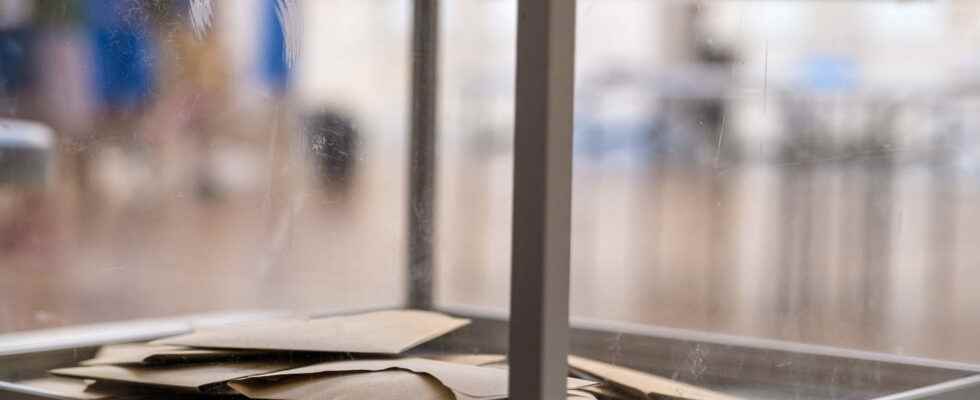ABSTENTION. Are we heading for record abstention in the 2022 presidential election? This is what the pollsters fear a few days before the first round. But desertion from the polls is nothing new.
It is the most regular “party” in each presidential election since the establishment of direct universal suffrage in 1965. The one that “brings together” the most voters. However, he never won a national vote. And for good reason. Abstention, in France, whatever its level, cannot allow the official calling into question of a ballot. But it increases over the years, and this is nothing new. In 2022, the fear of record abstention hangs over the election. According to certain polling institutes, approximately one in three voters able to vote does not intend to move to slip a ballot into the ballot box on Sunday April 10, 2022, even if it is white. A higher score than in the first round of the 2017 election, but which is approaching (or could even beat) the record for the first round of 2002. At the time, 11,698,956 voters had not taken part in the vote, i.e. 28.40% of those registered.
What is the abstention rate in the 2022 presidential election?
According to the OpinionWay-Kéa Partners barometer for “Les Echos” published on Monday, only 66% of French people say they are certain to vote this Sunday. We are therefore heading towards a considerably high abstention for a presidential election, which is historically the one that brings together the most voters and mobilizes the most citizens in the polling stations.
According to a BVA study published on March 21, it is especially the 25-34 who do not intend to move (44% of them). But why are so many French people sulking to go democratic? First reason, according to the polling institute, “they do not expect much from this election” and believe “that it will not change anything in their daily lives.” Second reason, specific to the 2022 ballot given the polls, “the impression that the betting is already done”, Emmanuel Macron being given a clear lead in the first round and winning in all cases in the second. Finally, “the impression that their vote does not count” discourages some voters from moving, when a certain section declares “that no candidate represents [leurs] ideas.”
Over the course of the elections, the abstention figures have gradually and constantly increased since 1974, except for the peak in 2002 and therefore the drop in 2007. Out of ten elections by direct universal suffrage, abstention came “in the lead”. three times (1995, 2002, 2017), second twice (1969 and 1988), and third five times (1965, 1974, 1981, 2007 and 2012). And in 2022 then? The level of abstention could be “similar to that observed on April 21, 2002” fears BVA.
